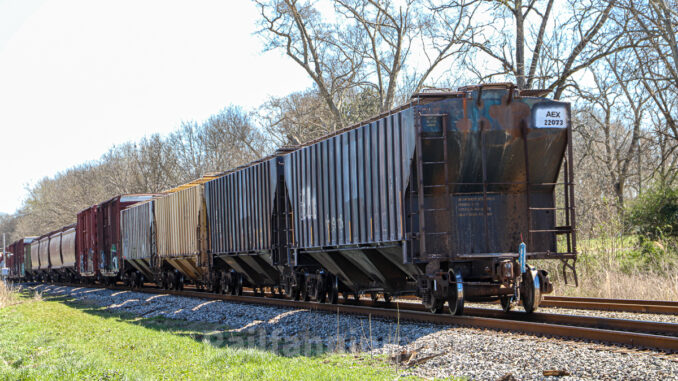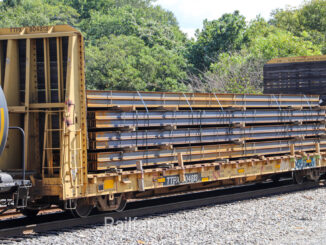
The U.S. Senate passed a bipartisan bill to avert a rail strike and implements tentative agreements between railroads and workers.
Throughout the contract, average railroaders will receive a $16,000 immediate payout and increase wages and benefits to $160,000 annually.
“The Senate acted with leadership and urgency with today’s vote to avert an economically devastating rail work stoppage,” said AAR President and CEO Ian Jefferies. “As we close out this long, challenging process, none of the parties achieved everything they advocated for. The product of these agreements is a compromise by nature, but the result is one of substantial gains for rail employees. More broadly, all rail stakeholders and the economy writ large now have certainty about the path forward.
“Let’s be clear railroading is tough, essential work that keeps our nation moving, and our employees deserve our gratitude for moving America’s freight and doing so safely every day,” Jefferies added. “The gains in this agreement are significant, including historic wage increases, best in class healthcare, and meaningful progress in creating more predictable, scheduled work shifts. Without a doubt, there is more to be done to further address our employees’ work-life balance concerns, but it is clear this agreement maintains rail’s place among the best jobs in our nation.”
According to the AAR, the contracts now in place will:
- Provide a 24 percent wage increase during the five years from 2020 through 2024, including an immediate payout on average of $16,000 upon ratification.
- Include $5,000 in performance bonuses, with total average annual pay and benefits reaching $160,000 by the end of the contract period.
- Maintain some of the best healthcare plans in the nation.
- Provide an additional paid personal leave day per year.
- Continue to provide multiple options for time off and, for those employees who operate trains, the agreements include enhanced abilities to schedule time off and local agreements to be finalized after the ratification of the national agreement will further enhance the quality of life and the predictability of schedules.
“We are grateful that Congress has taken action to avert a rail strike, which would have been a catastrophic economic event,” said Chuck Baker, president of the American Short Line and Regional Railroad Association (ASLRRA).
“Short lines can now assure customers that there will be no service interruptions on our Class I railroad partners, and we can continue to go about the business of providing the world-class, flexible, responsive service for which we are known in the communities we serve nationwide,” Baker added. “Our collective responsibility going forward is to ensure that railroad employment returns to its place as the premier blue-collar career in America.”


